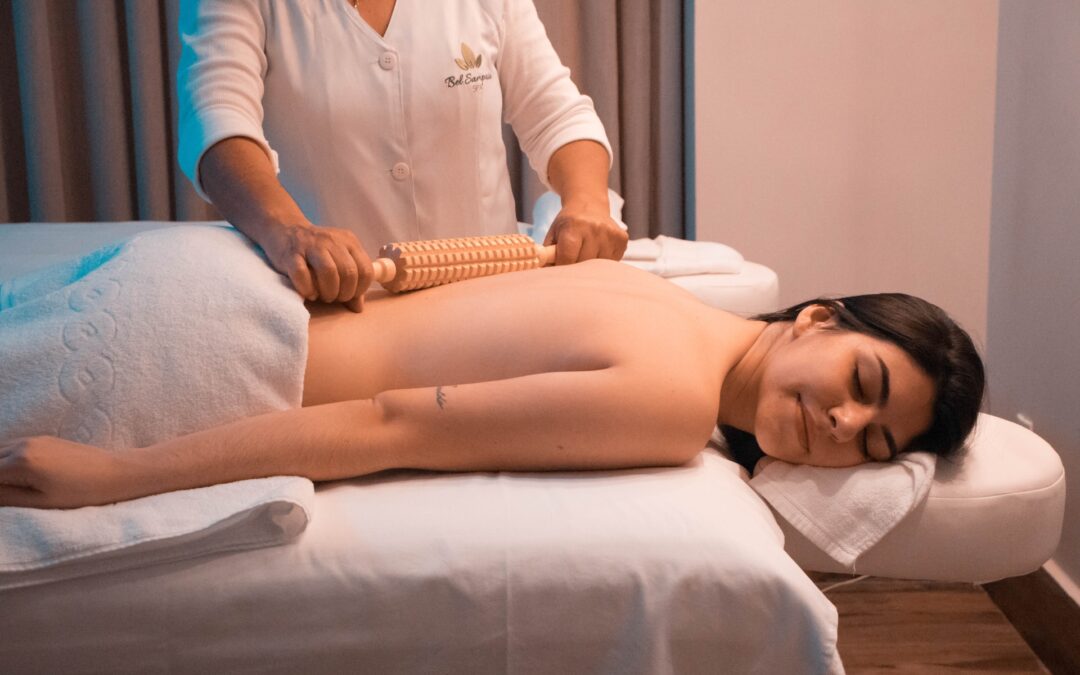South Korea, a nation renowned for spearheading trends in technology, beauty, and fashion, has another cultural phenomenon that is garnering global attention – the burgeoning popularity of massages. Rooted deep within the social fabric of the country, the art of healing through touch is experiencing a renaissance, transforming into a wellness revolution that is as restorative as it is rejuvenating.
Traditionally, the Korean massage, also known as Anma, has been an integral part of the country’s medical practice. Originating from China over 2000 years ago, Anma found its way into Korean culture, evolving over centuries into a unique blend of acupressure, kneading, and passive stretching techniques. However, the modern-day popularity of 오피스타 massages in South Korea goes beyond the historical and cultural facets.
One of the driving forces behind this wellness revolution is the fast-paced, high-stress lifestyle prevalent in South Korea. The competitive work culture and the constant societal pressure to perform has led to a surge in stress-related health issues. Massages, in this scenario, serve as an effective counterbalance, helping to alleviate physical tension and mental stress, promoting overall wellness.
The trend is further fuelled by the country’s deep-seated belief in the holistic approach to health. Many Koreans view regular massages not as a luxury, but as a necessary part of their health regimen. This perspective is echoed in the diverse range of massage services available in South Korea, from luxurious spa retreats offering holistic wellness packages to the affordable public bathhouses or ‘Jjimjilbangs’ featuring communal massage areas.
The Jjimjilbangs, in particular, are a unique Korean phenomenon. These gender-segregated public bathhouses are ubiquitous and accessible, providing an array of services including saunas, hot tubs, and massage therapies. They serve as social spaces where people from all walks of life gather to relax, socialize, and most importantly, enjoy a therapeutic massage.
However, the popularity of massages in South Korea is not confined within its borders. The country’s wellness tourism industry is booming, attracting visitors from around the globe seeking to experience the unique blend of traditional and contemporary massage therapies. The Korean massage culture’s global appeal is a testament to its effectiveness in promoting relaxation and well-being.
In the end, the rise of massages in South Korea is a reflection of a society that is increasingly recognizing the importance of balance and wellness in life. More than just a trend, it signifies a shift towards a more holistic, mindful approach to health and well-being – a revolution that we could all learn from.
